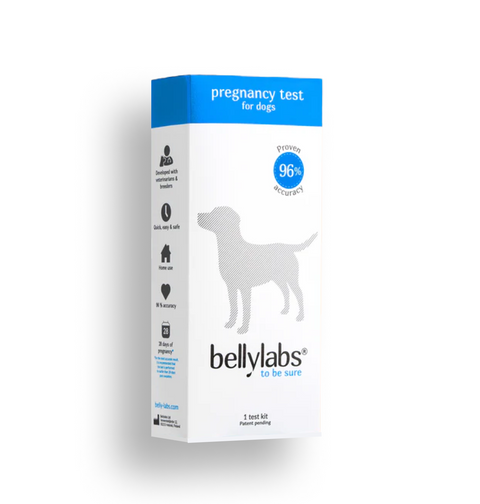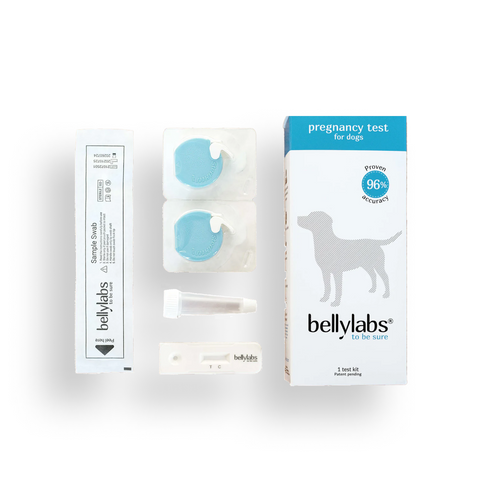Pregnancy and birth pose significant challenges for mammals due to profound hormonal and metabolic shifts aimed at supporting fetal needs. These changes involve intricate hormonal and neurological interactions, altering maternal metabolism and necessitating adjusted nutrient provisions, crucial for both fetal development and subsequent lactation. In dogs, these metabolic adaptations may be particularly intense given their short gestation period of around 63 days and potential for large litter sizes.
The article ’Metabolomics during Canine Pregnancy and Lactation’ discusses the metabolic changes that occur in female dogs during pregnancy and lactation, utilizing a metabolomics approach to understand these alterations. It highlights the challenges faced by pregnant and lactating dogs, including hormonal changes, nutrient provision for fetuses and puppies, whelping, and milk production.
The study involved 27 privately owned female dogs of 21 different breeds sampled at six time points: during heat, early, mid, and late pregnancy, peak lactation, and after weaning. A specialized canine-specific NMR metabolomics technology was employed to quantify 123 measurands in blood serum.
Specific changes were unveiled by the findings in metabolite concentrations at different phases of pregnancy and lactation. Metabolites were grouped into clusters based on concentration patterns during mid-pregnancy, late pregnancy, and lactation. Some metabolites, such as albumin, GlycA, fatty acids, lipoproteins, glucose, and certain amino acids, exhibited similar patterns to those observed in humans during pregnancy and lactation. However, discrepancies were noted in the patterns of branched-chain amino acids, alanine, and histidine between humans and dogs.
The article emphasizes the need for further research to elucidate whether observed changes arise from modified nutrient absorption, production, or metabolism in maternal or fetal tissues. Understanding these molecular changes is crucial for diagnosing normal and abnormal conditions during pregnancy and lactation, as inadequate nutrient supply can lead to adverse outcomes for both the mother and offspring.
Authors of the study suggest that metabolomics findings could aid in monitoring the health of pregnant and lactating dogs, enabling early detection of illness. Additionally, establishing molecular reference ranges for normal pregnancies could assist in identifying adverse pregnancy outcomes and designing future studies. Overall, the study provides valuable insights into the metabolic adaptations occurring during healthy canine pregnancy and lactation, laying the groundwork for further research in this field.
Read the full study from here.
Authors: Sebastian P. Arlt, Claudia Ottka, Hannes Lohi, Janna Hinderer, Julia Lüdeke, Elisabeth Müller, Corinna Weber, Barbara Kohn, Alexander Bartel.
Published: May 10th, 2023.












